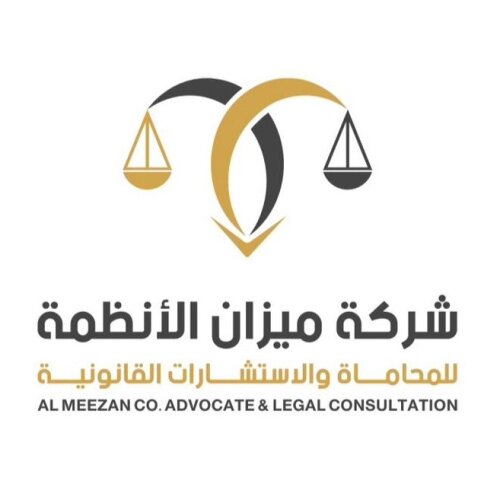Best Wrongful Termination Lawyers in Makkah
Share your needs with us, get contacted by law firms.
Free. Takes 2 min.
List of the best lawyers in Makkah, Saudi Arabia
About Wrongful Termination Law in Makkah, Saudi Arabia:
Wrongful termination refers to the unlawful dismissal of an employee from their job. In Makkah, Saudi Arabia, wrongful termination cases are taken seriously, and employees have legal rights to protect them from unfair treatment by their employers.
Why You May Need a Lawyer:
You may need a lawyer if you believe you have been wrongfully terminated from your job. A lawyer can help you understand your legal rights, assess the strength of your case, and represent you in court or during negotiations with your employer.
Local Laws Overview:
In Makkah, Saudi Arabia, labor laws are regulated by the Saudi Ministry of Human Resources and Social Development. These laws protect employees from discrimination, harassment, and wrongful termination. It is essential to familiarize yourself with the labor laws in Makkah to understand your rights as an employee.
Frequently Asked Questions:
1. What qualifies as wrongful termination in Makkah, Saudi Arabia?
Wrongful termination can include being fired for discriminatory reasons, retaliation, or for exercising your legal rights as an employee.
2. How can I prove wrongful termination?
You can prove wrongful termination by gathering evidence such as emails, witness statements, performance reviews, and any other documentation that supports your claim.
3. Is it mandatory to have a written employment contract to claim wrongful termination?
No, it is not necessary to have a written employment contract to claim wrongful termination in Makkah. Verbal agreements and company policies can also be used as evidence in such cases.
4. What remedies are available for wrongful termination in Makkah, Saudi Arabia?
Remedies for wrongful termination can include reinstatement, back pay, compensation for damages, and legal fees.
5. Can I file a wrongful termination claim against a government entity in Makkah?
Yes, you can file a wrongful termination claim against a government entity in Makkah if you believe your termination was unlawful.
6. How long do I have to file a wrongful termination claim in Makkah?
The statute of limitations for filing a wrongful termination claim in Makkah is typically one year from the date of termination.
7. Can I be fired without cause in Makkah, Saudi Arabia?
In Makkah, employees can be terminated without cause as long as their employer provides proper notice or compensation as per labor laws.
8. Can I seek legal advice before being terminated from my job?
Yes, you can seek legal advice before being terminated from your job to understand your rights and options in case of a potential wrongful termination.
9. Can I negotiate a settlement with my employer for wrongful termination?
Yes, you can negotiate a settlement with your employer for wrongful termination either directly or through legal representation.
10. Are there any exceptions to wrongful termination laws in Makkah, Saudi Arabia?
While there are exceptions to wrongful termination laws in Makkah, such as for probationary periods or genuine redundancy, employers must still adhere to legal requirements and provide valid reasons for termination.
Additional Resources:
If you need legal assistance regarding wrongful termination in Makkah, you can contact the Saudi Ministry of Human Resources and Social Development or seek guidance from the Saudi Bar Association.
Next Steps:
If you believe you have been wrongfully terminated from your job in Makkah, it is essential to consult with a qualified employment lawyer who can assess your case and guide you through the legal process. Be sure to gather any relevant documentation and evidence to support your claim.
Lawzana helps you find the best lawyers and law firms in Makkah through a curated and pre-screened list of qualified legal professionals. Our platform offers rankings and detailed profiles of attorneys and law firms, allowing you to compare based on practice areas, including Wrongful Termination, experience, and client feedback.
Each profile includes a description of the firm's areas of practice, client reviews, team members and partners, year of establishment, spoken languages, office locations, contact information, social media presence, and any published articles or resources. Most firms on our platform speak English and are experienced in both local and international legal matters.
Get a quote from top-rated law firms in Makkah, Saudi Arabia — quickly, securely, and without unnecessary hassle.
Disclaimer:
The information provided on this page is for general informational purposes only and does not constitute legal advice. While we strive to ensure the accuracy and relevance of the content, legal information may change over time, and interpretations of the law can vary. You should always consult with a qualified legal professional for advice specific to your situation.
We disclaim all liability for actions taken or not taken based on the content of this page. If you believe any information is incorrect or outdated, please contact us, and we will review and update it where appropriate.










